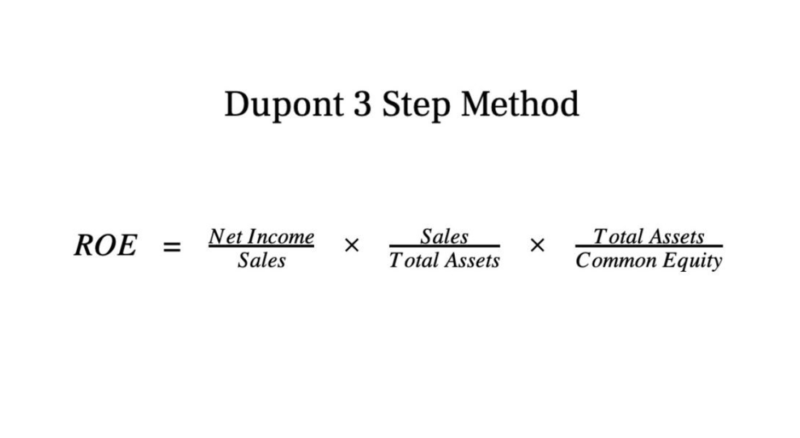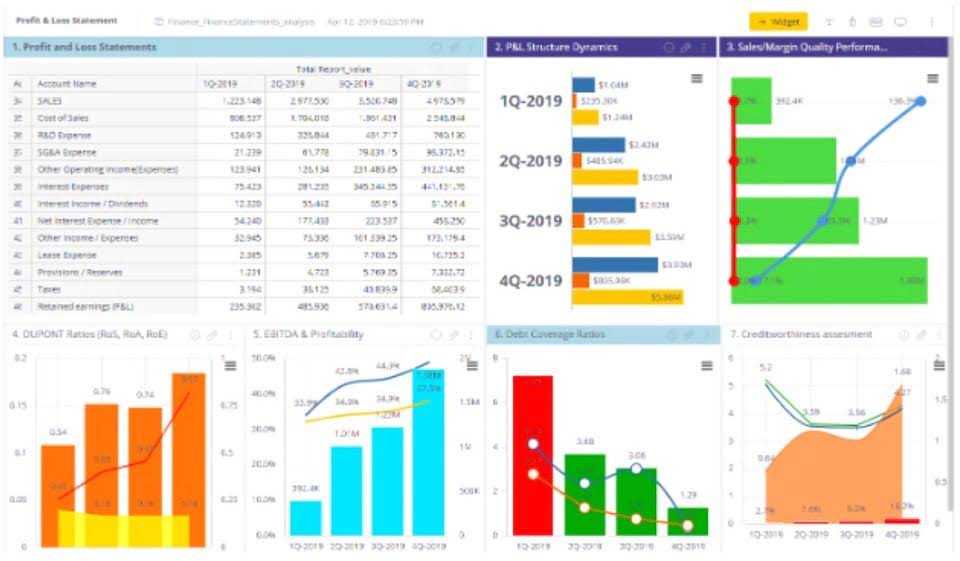What Is Digital Bookkeeping and How Does It Work?

Your virtual bookkeeper might have worked with SaaS companies, manufacturing businesses, professional services firms, or nonprofits, bringing best practices and insights to your business. The entire approach is designed to be transparent and collaborative while maintaining high standards of security and accuracy. You’ll have visibility into your financial data at all times, while your virtual team handles the detailed work that keeps your books current and compliant. And with digital accounting tools like Xero and QuickBooks, there was no reason firms couldn’t perform financial transactions in the cloud.
Traditional vs. Digital Accounting: Key Differences Explained
It helps simplify accounting tasks, improve financial visibility, and free up time for business owners to focus on growth. With the right software, small business owners can easily track expenses, create financial reports, and manage taxes, all from a single platform. Therefore, this makes digital bookkeeping an essential tool for any growing small business. These expense management automation features reduce expense processing time while achieving better compliance and more detailed financial visibility. Cloud-based digital bookkeeping systems enable easy accessibility to financial data from anywhere at any time. This accessibility fosters better collaboration between business owners, bookkeepers, and accountants, allowing for efficient teamwork and problem-solving.

Key Features of Digital Bookkeeping Systems

Encryption, secure servers, and multi-factor authentication ensure that your data remains safe from unauthorized access. Additionally, automatic backups ensure that your financial data is protected in case of unexpected events. Bookkeeping is concerned with maintaining contra asset account records of financial transactions.
How Accountants Can Stay Competitive in a Changing Industry

By leveraging the benefits of digital accounting, businesses can achieve greater operational efficiency, accuracy, and financial control, ultimately supporting their long-term growth and what is digital bookkeeping success. Choose Klippa SpendControl as your all-in-one digital pre-accounting software that combines invoice processing, expense management, and corporate credit card modules. Yes, you can start bookkeeping without prior experience by learning the basics through online courses or tutorials. Many modern bookkeeping tools are user-friendly and offer automation features that simplify tasks like data entry, invoicing, and bank reconciliation. Whether you’re managing a small business or handling multiple accounts, DocuClipper helps you achieve fully automated bookkeeping with minimal effort.

Furthermore, security features such as two-factor authentication and password protection ensure that your financial information is well-protected. By following these steps, businesses can transition to digital accounting systems smoothly and efficiently, leading to improved financial management and operational efficiency. Digital bookkeeping gives you a faster, smarter way to manage your finances. By automating data entry, categorizing transactions, and syncing with your bank accounts, you reduce manual errors and save valuable time. It also helps you stay organized, compliant, and ready for tax season with real-time financial insights.
- The cost of digital bookkeeping services varies depending on several factors, including the complexity of your business, the size of your operations, and the type of software or service you choose.
- Virtual bookkeepers increasingly work with automation tools to increase efficiency and accuracy.
- This technological advancement offers enhanced accuracy, real-time data access, and streamlined financial workflows that were previously difficult to achieve.
- For example, when you send a customer an invoice, you’ll record the amount they owe you.
- To keep your office clutter-free, all paper copies should get shredded once they are secured electronically.
Credit card account management
- The transition, however, can be accomplished easily by following the steps outlined below.
- Payroll systems manage employee compensation, including calculating gross pay, deductions for taxes and benefits, and net pay.
- The apex management team of a company relies on financial reports, so data accuracy is given the utmost importance in bookkeeping.
- It takes traditional bookkeeping—think paper-based accounting and stacks of balance sheets—and transforms it into a seamless, efficient process.
- Traditional bookkeeping relies heavily on manual work, which can present significant obstacles as businesses try to maintain accurate financial records.
Businesses can upload receipts, track expenditures, generate invoices, and run financial reports using software tools. These tools integrate with bank accounts, payment processors, and accounting systems to track income and expenses in real-time. By automating manual tasks, businesses save time and reduce the risk of human error.
It’s costly — since it requires more in-house employee, trainings, and http://www.vandesys.com/2024/05/17/closing-entries-to-pass-before-preparing-a-profit/ certifications. It utilizes artificial intelligence, software, and tools for processing and improving accounting and bookkeeping tasks. Digitalization simplifies work and eliminates mistakes when you update your books. Digital bookkeeping is the automation and digitalization of analyses, record keeping, monitoring, and processing of financial information. However, traditional bookkeeping comes with problems you should be aware of.

